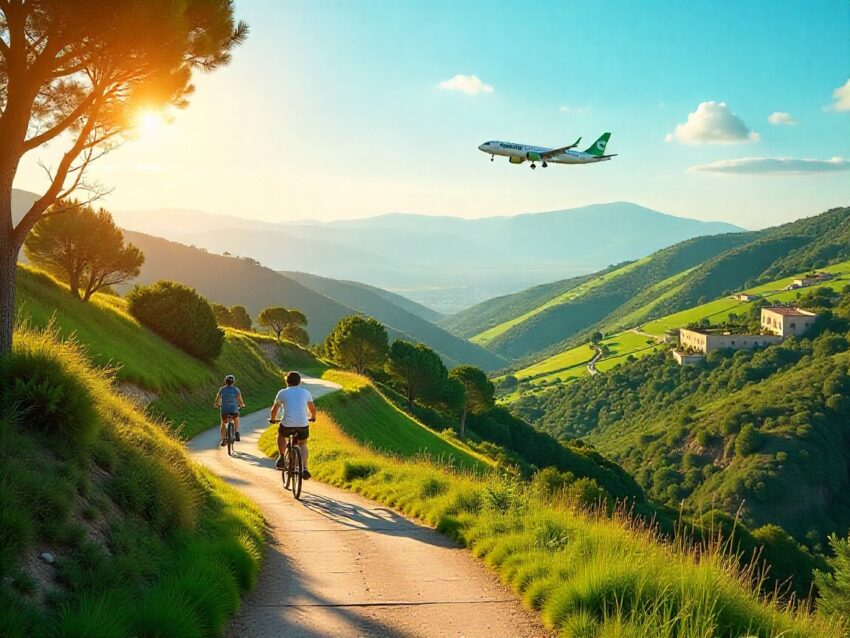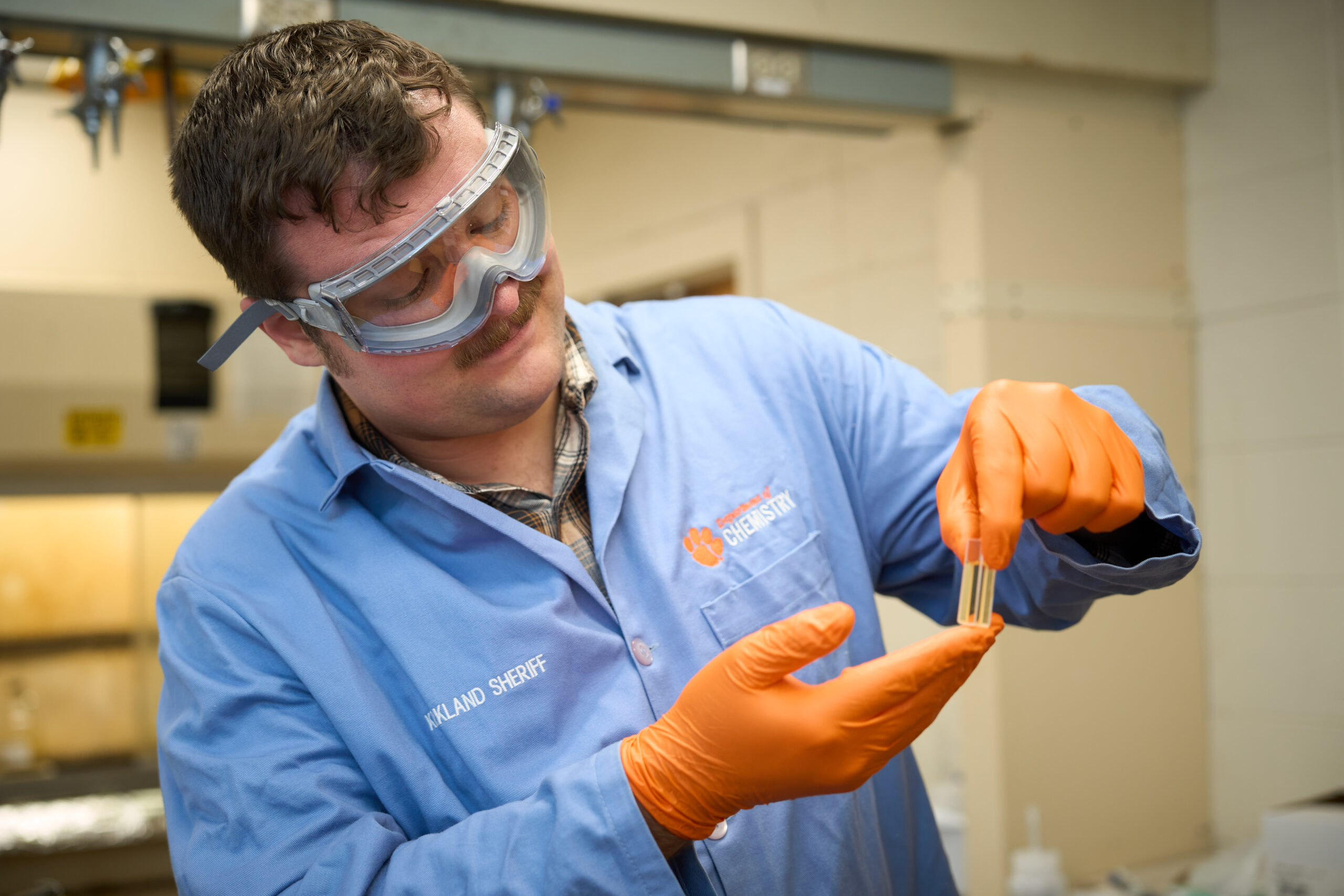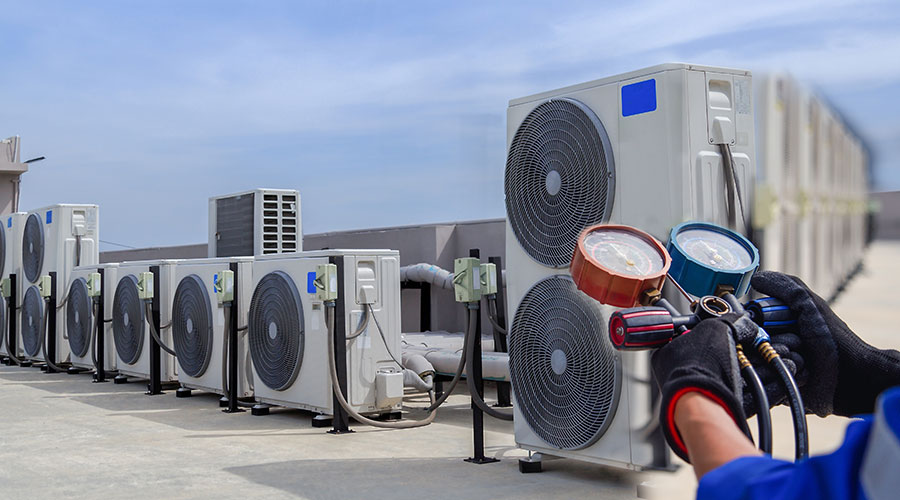Spain Advances Sustainable Tourism: Hoteliers Accelerate Green Practices, Airlines Embrace Decarbonisation as National Strategy Aligns with EU Goals – Travel And Tour World

Report on Spain’s Advancement in Sustainable Tourism and Alignment with Sustainable Development Goals (SDGs)
Executive Summary
Spain is actively implementing its Sustainable Tourism Strategy 2030, a national framework designed to align its tourism sector with European Union sustainability targets and the United Nations’ Sustainable Development Goals (SDGs). This strategy involves a multi-sectoral approach, with significant initiatives in the hospitality and aviation industries aimed at reducing environmental impact, promoting economic and social equity, and preserving cultural and natural heritage. Key actions include the adoption of green practices by hoteliers and the pursuit of decarbonisation by major airlines, positioning Spain as a leader in responsible tourism.
National Strategy and SDG Framework
Spain’s Sustainable Tourism Strategy 2030 is founded on balancing environmental, economic, and socio-cultural development to ensure long-term viability. The strategy directly supports several SDGs by promoting a more responsible and resilient tourism model.
Core Objectives and SDG Alignment
- Economic Sustainability (SDG 8: Decent Work and Economic Growth): The strategy aims to distribute the economic benefits of tourism more evenly by supporting local communities and businesses and promoting off-season travel to reduce regional disparities.
- Environmental Protection (SDG 13: Climate Action, SDG 14: Life Below Water, SDG 15: Life on Land): A central goal is to mitigate the ecological footprint of tourism through resource management, waste reduction, and the preservation of natural heritage.
- Socio-Cultural Preservation (SDG 11: Sustainable Cities and Communities): The policy advocates for the responsible use and protection of Spain’s cultural assets and promotes authentic experiences that respect local traditions.
Sector-Specific Initiatives and SDG Contributions
Hospitality Sector: Accelerating Green Practices
The Spanish hospitality industry is making significant strides in sustainability, with hotel chains like Iberostar and Melia Hotels setting targets for carbon neutrality by 2030. These efforts contribute directly to multiple SDGs.
- Responsible Consumption and Production (SDG 12): Hotels are adopting practices such as reducing plastic waste, sourcing local and organic food, and implementing water conservation measures. Certifications like Biosphere Sustainable and Green Key are used to validate these commitments.
- Affordable and Clean Energy (SDG 7): The integration of energy-efficient technologies and the use of renewable energy sources are becoming standard practice in green-certified hotels.
- Climate Action (SDG 13): By aiming for carbon neutrality and reducing overall emissions, the hospitality sector is actively contributing to national and global climate goals.
Aviation Sector: Embracing Decarbonisation
In alignment with the national strategy, Spanish airlines are implementing measures to reduce their carbon footprint, supporting the global aviation industry’s goal of net-zero emissions by 2050.
- Climate Action (SDG 13): Major carriers, including Iberia, Vueling, and Air Europa, are investing in fleet renewal with more fuel-efficient aircraft, such as the Airbus A350, which reduces fuel consumption by approximately 25%.
- Affordable and Clean Energy (SDG 7): Airlines are increasingly adopting Sustainable Aviation Fuels (SAFs) to lower emissions on select routes, pioneering a critical transition in the industry.
- Responsible Consumption and Production (SDG 12): Operational efficiencies are being implemented to minimize fuel burn and waste, contributing to more sustainable consumption patterns within the travel sector.
Recommendations for Supporting Sustainable Tourism in Spain
Travelers can actively participate in and support Spain’s sustainable tourism objectives by making informed choices. The following actions are recommended:
- Select Certified Accommodations: Prioritize hotels with recognized sustainability certifications (e.g., Green Key, Biosphere Sustainable) that demonstrate a commitment to environmental and social responsibility.
- Travel During Off-Peak Seasons: Traveling outside of peak months helps mitigate the environmental and social pressures of over-tourism, supporting SDG 11.
- Choose Direct Flights: Opt for non-stop flights where possible to reduce the carbon emissions associated with take-offs and landings.
- Utilize Public Transportation: Leverage Spain’s extensive public transport network, including high-speed trains, to minimize carbon footprint while traveling within the country.
- Support Local Economies: Patronize local businesses, such as family-run restaurants and artisan shops, to ensure that tourism revenue directly benefits host communities, in line with SDG 8.
- Minimize Luggage Weight: Packing light reduces the overall weight of the aircraft, leading to lower fuel consumption and emissions.
Analysis of Sustainable Development Goals in the Article
1. Which SDGs are addressed or connected to the issues highlighted in the article?
-
SDG 7: Affordable and Clean Energy
The article connects to this goal by highlighting that hotels in Spain are adopting “the use of renewable energy source” as part of their green practices to reduce their environmental impact.
-
SDG 8: Decent Work and Economic Growth
This goal is central to the article’s theme. Spain’s “Sustainable Tourism Strategy 2030” aims to balance economic, environmental, and social aspects of tourism. The strategy promotes supporting “local businesses” such as “a family-run restaurant, artisan shops” to ensure the economic benefits of tourism are distributed within local communities.
-
SDG 9: Industry, Innovation and Infrastructure
The article addresses this SDG by detailing the innovations within the airline industry. Airlines like Iberia are upgrading their infrastructure by “renewing the fleet of older and more fuel-inefficient planes” with modern models like the “Airbus A350, which uses 25% less fuel” and adopting cleaner technologies like “sustainable aviation fuels (SAFs).”
-
SDG 11: Sustainable Cities and Communities
This goal is reflected in Spain’s national strategy, which advocates for the “sustainable use of the natural and built heritage of the country.” The article also mentions initiatives to “promote off-season tourism and reduce the ecological footprint of over-touristed areas,” which helps in safeguarding cultural and natural heritage from the pressures of mass tourism.
-
SDG 12: Responsible Consumption and Production
The article extensively covers this goal through the “green practices” of hoteliers. It mentions hotels are “minimizing plastic,” promoting “plastic waste reduction,” and using “local organic use in meals.” Furthermore, the use of certifications like “Biosphere Sustainable” and “Green Key” serves as a tool to promote and verify sustainable consumption and production patterns in the tourism sector.
-
SDG 13: Climate Action
Climate action is a primary focus of the article. It discusses the decarbonization efforts of the airline industry, with carriers like Iberia and Vueling working to “cut down its carbon emissions” and aiming for “net-zero emissions by 2050.” In the hospitality sector, hotel chains like Iberostar and Melia are “setting sustainability targets and working towards carbon neutrality by 2030,” directly aligning with national and EU climate goals.
2. What specific targets under those SDGs can be identified based on the article’s content?
-
Target 7.2: Increase global percentage of renewable energy
The article points to this target by stating that green hotels in Spain are adopting the “use of renewable energy source” as a key component of their sustainability efforts.
-
Target 8.9: Promote beneficial and sustainable tourism
This target is directly addressed through Spain’s “Sustainable Tourism Strategy 2030,” which is designed to “promote sustainable tourism” that supports local economies and culture. The article emphasizes supporting “local businesses” and developing “tourism opportunity development” within the community.
-
Target 9.4: Upgrade all industries for sustainability
The airline industry’s actions align with this target. The article describes how airlines are implementing “operational efficiencies,” “renewing the fleet” with more fuel-efficient planes, and adopting “sustainable aviation fuels (SAFs)” to make the industry more sustainable.
-
Target 11.4: Protect the world’s cultural and natural heritage
Spain’s national strategy, as described in the article, directly supports this target by fostering “a responsible tourism culture that advocates for the sustainable use of the natural and built heritage of the country” and by promoting off-season travel to reduce pressure on popular sites.
-
Target 12.5: Substantially reduce waste generation
The article highlights this target through the actions of hotels like Iberostar, which are “minimizing plastic” and “working to plastic waste reduction” as part of their green practices.
-
Target 12.b: Develop and implement tools to monitor sustainable tourism
This target is identifiable through the mention of sustainability certifications. The article cites “The Biosphere Sustainable certification” and “Green Key” as examples of credentials that show a hotel’s “commitment to sustainability in practices,” serving as tools to monitor and verify these efforts.
-
Target 13.2: Integrate climate change measures into policies and planning
The article shows this target in action through Spain’s national “Sustainable Tourism Strategy 2030,” which “aligns with EU sustainability goals.” Furthermore, the specific goals set by hotel chains for “carbon neutrality by 2030” and the airline industry’s commitment to “net-zero emissions by 2050” demonstrate the integration of climate measures into corporate strategy.
3. Are there any indicators mentioned or implied in the article that can be used to measure progress towards the identified targets?
-
Indicators for SDG 7 (Target 7.2)
The adoption rate of renewable energy sources by hotels can be used as an indicator. The article implies progress can be measured by the number of hotels incorporating these technologies.
-
Indicators for SDG 8 (Target 8.9)
Progress can be measured by the implementation status of the “Sustainable Tourism Strategy 2030.” Another indicator is the economic health and number of local businesses, such as “family-run restaurant” and “artisan shops,” supported by tourism.
-
Indicators for SDG 9 (Target 9.4)
Specific indicators mentioned are the adoption of “sustainable aviation fuels (SAFs)” by airlines and the percentage of an airline’s fleet composed of fuel-efficient aircraft, such as the “Airbus A350,” which “uses 25% less fuel.”
-
Indicators for SDG 11 (Target 11.4)
An implied indicator is the shift in tourism patterns, specifically an increase in “off-season tourism,” which would reduce the ecological footprint on heritage sites during peak seasons.
-
Indicators for SDG 12 (Targets 12.5 & 12.b)
The number of hotels achieving certifications like “Green Key or Biosphere Sustainable” is a clear indicator. Other measurable indicators include the reduction in plastic waste (e.g., tons of plastic eliminated) and the percentage of food sourced from “local organic” suppliers in hotels.
-
Indicators for SDG 13 (Target 13.2)
Clear indicators are the progress of hotel chains toward their “carbon neutrality by 2030” goal and the reduction of carbon emissions by airlines. The airline industry’s progress towards its “net-zero emissions by 2050” target is another key performance indicator.
4. Summary of SDGs, Targets, and Indicators
| SDGs | Targets | Indicators |
|---|---|---|
| SDG 7: Affordable and Clean Energy | 7.2: Increase global percentage of renewable energy. | The adoption of renewable energy sources by hotels. |
| SDG 8: Decent Work and Economic Growth | 8.9: Promote beneficial and sustainable tourism. | Implementation of the “Sustainable Tourism Strategy 2030”; increased support for local businesses (restaurants, artisan shops). |
| SDG 9: Industry, Innovation and Infrastructure | 9.4: Upgrade all industries for sustainability. | Adoption of Sustainable Aviation Fuels (SAFs); renewal of airline fleets with fuel-efficient aircraft (e.g., Airbus A350). |
| SDG 11: Sustainable Cities and Communities | 11.4: Protect the world’s cultural and natural heritage. | Promotion of and increase in “off-season tourism” to reduce ecological footprint in over-touristed areas. |
| SDG 12: Responsible Consumption and Production | 12.5: Substantially reduce waste generation. 12.b: Develop and implement tools to monitor sustainable tourism. |
Implementation of plastic waste reduction programs in hotels; number of hotels with “Biosphere Sustainable” or “Green Key” certifications. |
| SDG 13: Climate Action | 13.2: Integrate climate change measures into policies and planning. | Progress of hotel chains towards “carbon neutrality by 2030”; reduction in carbon emissions by airlines towards “net-zero emissions by 2050.” |
Source: travelandtourworld.com
What is Your Reaction?
 Like
0
Like
0
 Dislike
0
Dislike
0
 Love
0
Love
0
 Funny
0
Funny
0
 Angry
0
Angry
0
 Sad
0
Sad
0
 Wow
0
Wow
0














































































